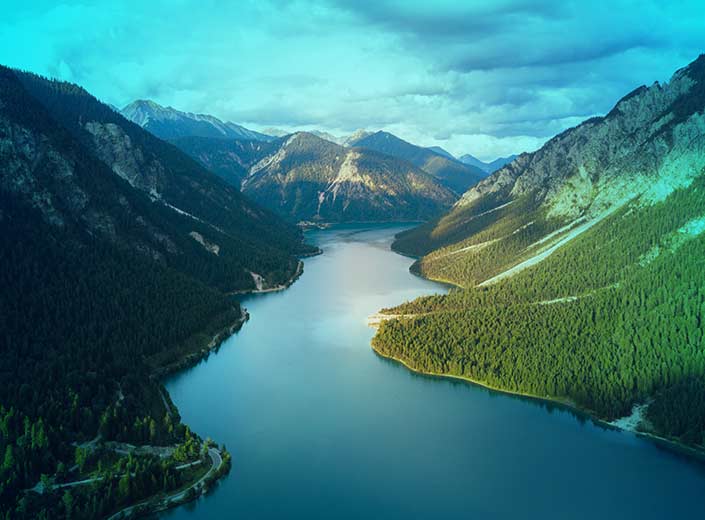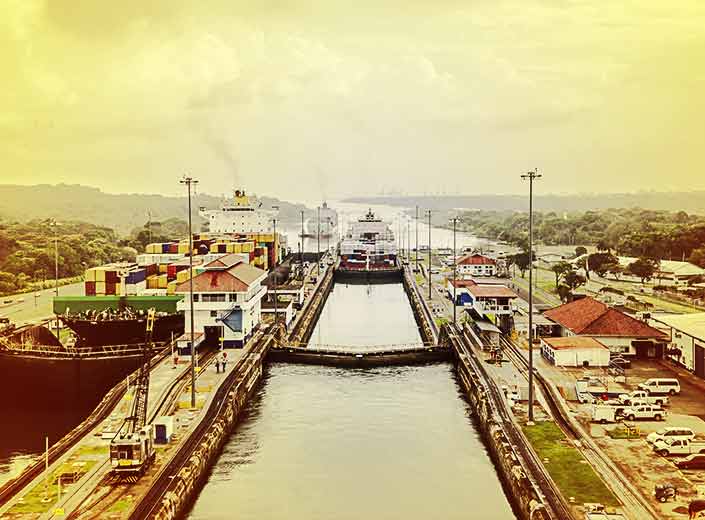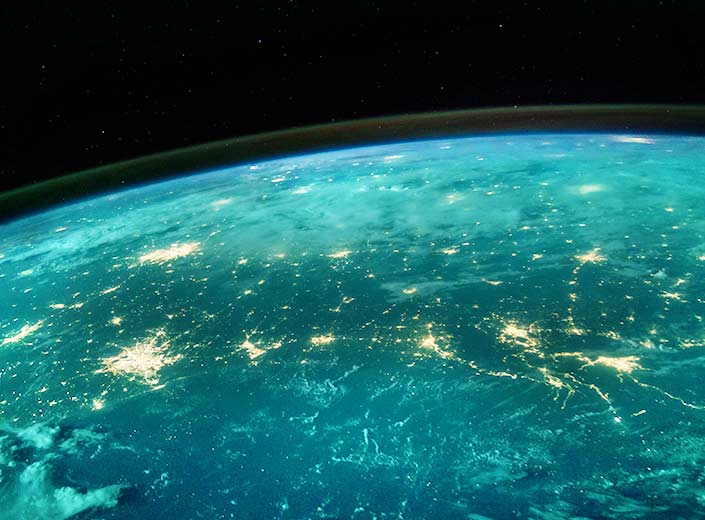
Geography at Mission
"Geography is the art of the mappable."
- Peter Haggett
Geographers explore the physical properties of Earth's surface, as well as the way humans interact with it. Physical geography examines where things are, why they are there, and how they develop and change over time.
Cultural geography studies human's relationship to the land, and our affect on it.
Furthermore, geography often overlaps with the study of Economics and History. This is because physical geography often impacts the way societies and economies develop and whether they thrive or fail.
Note: Mission College does not offer an AS/A.A. degree or Certificate of Achievement in Geography.
Courses to Consider

Physical Geography (GEO 001)
Examine the interactions among weather and climate, water resources, landforms, and living things.

Intro to Cultural Geography (GEO 002)
Study population distribution, migration/mobility, languages, religions, folk/popular cultures, political systems, and how economic activities vary.

World Regional Geography (GEO 006)
Examine the core concepts and prominent forces of international economics and the relationships of nations and their economic policies.
Related Programs
Career Outlook
Skills Needed
- Analytical and critical thinking skills.
- Evidence-based approaches to problems.
- Research skills.
- Written and spoken communication.
- Ability to analyze data from maps, tables, graphs, texts, and field work.
- GIS Experience.
Select Jobs in the Field
- Urban and Regional planner
- Remote sensing specialist
- Real Estate analyst
- Photogrammetrist
- Geodetic Surveyor
- Location analyst
- Travel agent
- Conservationist
- Geomorphologist
- Climatologist
- Geographer
- Professor/Teacher
- Petroleum Technician
- Geophysical Data Technician
- Cartographer/Mapmaker
- Construction Manager
- Geoscientist
- Resource
- Utilities Manager
- Meteorologist
- Hydrologist
- Mining Engineer
- Petroleum Engineer
- Mine Safety Engineer
- Forest Fire Inspector
- Marine Engineer
- Civil Engineer
- GIS analyst


